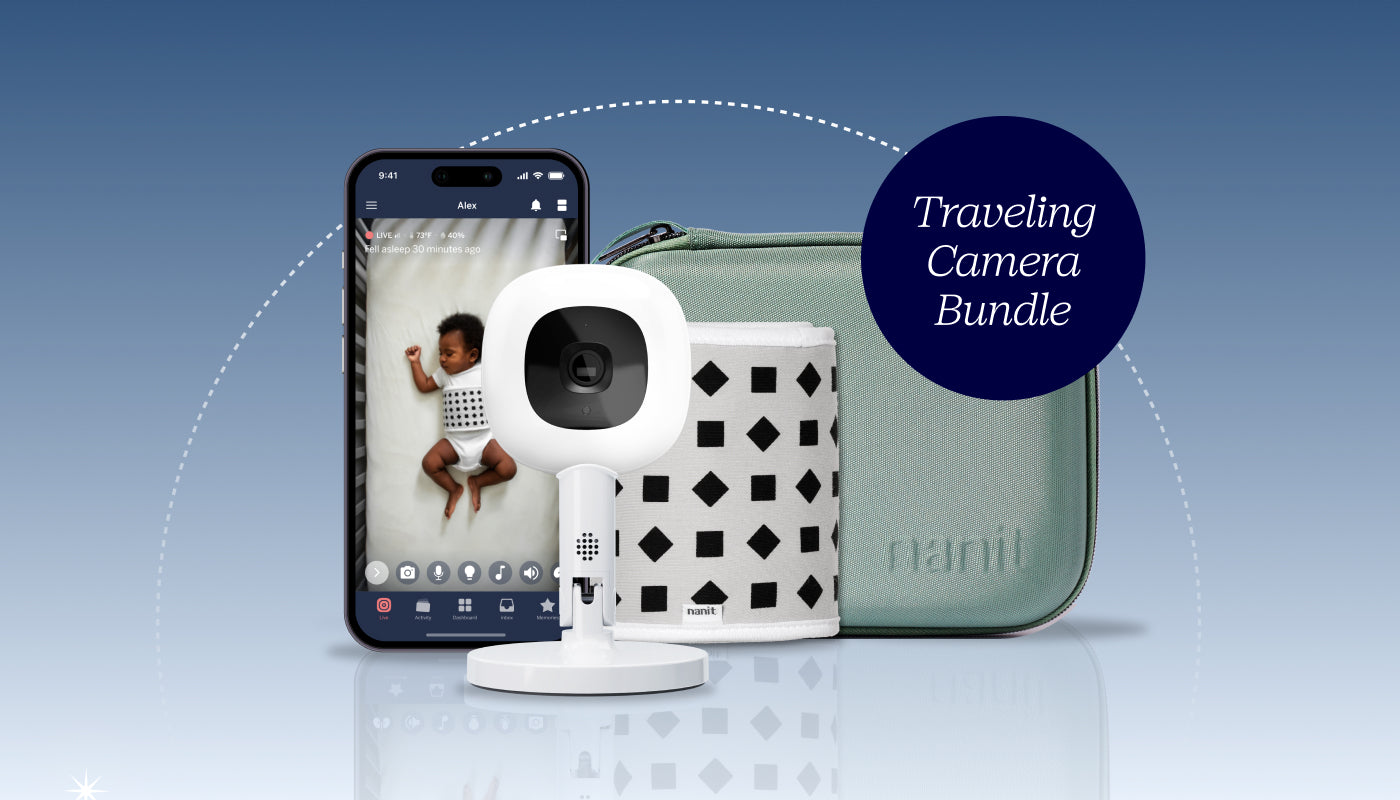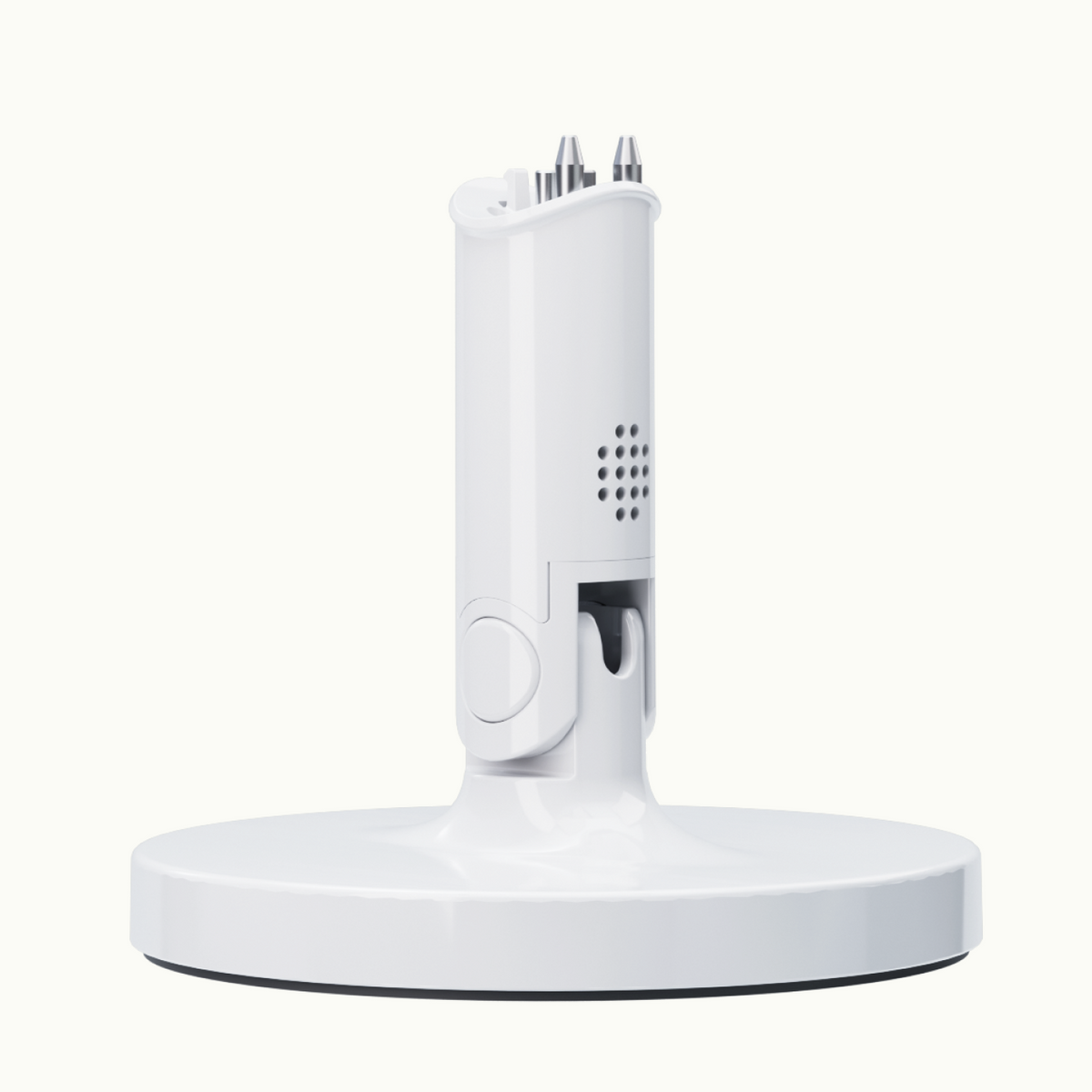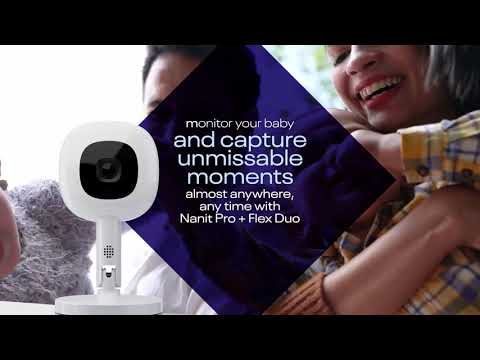When you find out you’re about to be a mom, the feelings can be all over the place: excitement, fear, happiness, anxiety. You’re about to enter a new phase of your life and it’s sometimes hard to know how to do that at all, much less how to do it with grace. Enter Latham Thomas, a wellness and maternity expert and a wonderful guide on how to take care of yourself during pregnancy and beyond.
Latham founded her company Mama Glow to support women through every stage of the maternity path. Based in Brooklyn, Mama Glow provides an array of services and offerings from fertility counseling to doula training to prenatal yoga and more. Latham herself is a master birth doula and wellness leader who has shared her self-care guidance in two bestselling books as well as conferences and workshops around the world.
When we first meet, Latham is wearing a bright pink beanie and lipstick to match, a sort of sneak peek of her energy that radiates warmth and fun. Again and again during the conversation, she shares insights of the kind you want to write down and slip into your pocket, so they’re right with you anytime your confidence starts to wobble. As you head into this brave new parenting world, here, one of the very wisest of mamas offers her tips on the exciting (and terrifying and joyful) journey.
What words or thoughts do you have for a new mom-to-be or couple at the very beginning of their parenting journey?
A lot of people come to pregnancy and you're looking everywhere for advice and suggestions, for people to validate what's going on for you. And so often we see people lose their sense of self; they start to listen to outside forces in ways that don't support their capacity building. So much of what we do at Mama Glow in the early postpartum period is to build that self trust, build up the muscles around self advocacy, and help people design a parenting style that works for you and your family. Which is maybe different than a family member or friends of yours. So, I think that’s the main thing that we do: a lot of trust building.
How do you help people do that, build up that trust in themselves?
We do a lot of reflection with people, asking things like, What does an ideal birth experience look like for you? What does ideal support look like? But then, also, what’s required in terms of the birth village? I always think about this [birth and parenting] process as one that's communal. So, who are the village keepers? Who are the aunties, the sisters, or friends? If you're having twins, do you have an elder in your community who has twins that can give you that advice? It’s important to remind ourselves that we are a community, we are connected. The support is necessary to navigate this period and feel whole. And so a lot of what I'm teaching people is how to frame up their desired experience, and then bring the right people into it.
When moms start to reflect on the experience they want to have, should they write those ideas down? Tell them to a partner or friend?
Definitely, journals are so fun. There are so many cool notebooks, journals, pens to get yourself started in the process. I like to think about it like, if you were going to start a new sport, you're going to get your tennis racket, your shoes, your outfit. You're going to prepare, right? I have all these journals from my pregnancy and through my son's first two years of life. Some people aren't interested in writing, so you can use your iphone, whatever device you have, and maybe do an audio journal. Or vlogging. And what's beautiful about it is that you can come back, right? You can come back and see how you grew. Like maybe you had a fear or something that you were nervous about, and then you overcame that. You get to go back and look at it, like, Oh, wow! Look where I was at week 23. And look where I am now at week 40. So journaling can be a really powerful tool in that way.
I love the idea from Mama Glow of mothering yourself first. Can you talk about that? What it means and why it’s so important?
Yeah, I mean, it’s so much. I feel like our culture turns us away from our bodies and each other in ways that are really sad. We need community and many of us grew up not with the parents that we needed. Right?
Our parents did their best, but we needed something different.
And what happens is that you grow, and then you're an adult, and you don't get to do it over. What you do get to do is reflect on where you felt like you needed more holding, right? Where you might have needed to be swaddled more. And you can do that for yourself. And so we talk a lot about what that can look like. Maybe it’s embracing self care techniques or practicing boundary setting. Maybe it’s listening to the signals of your body like, I need rest, water, food, or whatever it might be. It can also be things like protecting yourself from people or situations that create anxiety or stress. It can be about creating community, mothering yourself by ensuring that you have other people around you who are skilled in ways that you might not be. Who can pick up some of the slack and help you.
And maybe we need this because of our childhoods, but it’s also about surviving things that you live through. The pandemic. We're living through a geopolitical context that's unfathomable right now. Right? So even the time you're living in can make you feel isolated and can really take a toll on your mental health. And so the self mothering is about noticing, like, Oof. I need to slow down and pace myself. This is too much today, or I watch too much news. And then saying, How am I gonna take care of myself? Model what it looks like to prioritize yourself. My son is so good at taking care of himself. He's so good at boundaries, he's, like, way better than me. And so part of it is, you get to say, Okay, this wasn't necessarily given to me, but I'm going to give it to myself. It’s also a gift to the folks who are witnessing you, like your children, they get to learn, too, right? It’s multi-layered, the benefit.
Are there ways to help yourself figure out what isn’t working for you? What you can change or do to better support yourself?
Feelings guide us. They’re indicators of where we need to pour more energy. So if someone feels unseen or neglected, we need to pay more attention to them. If someone feels overworked or isolated, then they need more community to show up. So I think about: What are the ways in which people are struggling? And then use that as the anchor point to do the work.
A good example of this is when I was learning how to say no. It came in my adulthood where I did menstrual mapping or moon mapping. So aligning with my period and understanding, like, when are the days that I'm least energetic? When am I most outwardly expressive? So during ovulation, I have higher energy. During the early days of my period I'm lower energy, I want to be alone and I have less patience. And so I would map that time monthly on the calendar, and then, during my low energy time, I would say no to everything. Every single thing. I don't care if Obama was in town, the answer was no. [laughs] I learned to protect a space where I wasn't pushing too hard. I’d think, It’s dark outside, it's winter, I'm on my period. Why am I going outside? Right? So, like, not forcing. And I had less painful and symptomatic periods when I just rested. So for me, learning boundary setting and mothering was about being able to choose myself and lean into the No.
Also, it’s important to learn that you can renegotiate, you can change your mind. I think that, for our mental and emotional well being, we have to really notice what it feels like to hold something especially when you don't want to. This is something that women always do. We'll say yes to something even before we fully know what we're committing to. And then we hold the resentment of having said yes, and having to actually carry the thing out at the expense of our wellbeing.
So my invitation is to really listen, to see how it feels when a request comes, to listen to what your capacity is. And also to exercise the muscle of receiving, right? Not just giving because we're super good at giving. We get a trophy for giving. We also have to learn to expand our capacity to receive. Think about how you can, like, manspread in that way. Make more space for yourself.
Maybe we should think of it as momspreading….
Momspreading, ha! That’s the word, that's so good.
Are there different ways to approach taking care of mental health in different trimesters, including the fourth trimester? Once your little one is born and in the world?
I mean, so much happens, right? There are so many changes, emotional and lifestyle. But I would say the most drastic shift comes in entering into the fourth trimester, because now, you're adjusting to life with the baby on the outside…they were inside you for so long, now they’re outside. The most challenging thing is navigating a pathway where there's no support, where the people you love cannot show up for you in the way that you need them to. And so it can be extremely isolating and disappointing. And sometimes there's anxiety and depression, sometimes PTSD depending on the kind of birth experience you had.
There are so many things that we could be doing to prepare people, and what I love is, again, for people to have a birth village. So you have your perinatal team and that should include a licensed health provider, lactation consultant, an acupuncturist, a nutritionist, obviously a doula, and postpartum doula. This is, like, your starting lineup; these are the people who are on the front lines with you. And you need them because you're not meant to do it alone. I think that's the biggest lesson: We're not meant to [have babies and be parents] alone. And people who are doing it alone…they feel defeated. And they have a right to feel that. You know, a lot of people might think, Well, I prayed for this. I asked for this baby, I shouldn't complain. We have to validate people's feelings and we have to design systems that show up for them, where they feel safe and supported.
The entire pregnancy time is full of transitions. But to me the postpartum is the one where it's almost like the movie ends. And people leave the theater. People forget, you know? They totally forget there’s still a whole thing happening here.
I like to think about it as the babies are inside gestating for 10 months, and then they gestate externally for another 10 months. They need to be held and attended to all the time. They don't start to separate from us until they can walk, which is usually around 1 year. How can you be tethered to a baby for 10 months? You can’t, not by yourself. Newborns are establishing emotional connections and bonding. That happens as a result of being connected to individuals who care for you. So, we have to make sure infants and their adults feel securely attached to their community. Because a baby is born, but a mother is born too, right? And how are we taking care of her?
That’s what I keep realizing as a mom, everything changes constantly, what you need and what you are experiencing and what you think you're going to feel versus what actually comes up for you. And being able to listen and call in help when you need help…it just feels like such a good way of being in the world. How about for a mom who already has kids? How might her approach to protecting or supporting her mental health be different?
I think, like, celebrating the milestones, you know? And also recognizing that every pregnancy and birth is different. Each baby, each pregnancy has a different energy. Like, my sister just had her fourth. So she has a 17 year old all the way down to a 5 month old. And each one is, like, the first time and it's beautiful.
I also think it’s about nurturing yourself and…don't take it for granted, you know? My child is 20 and a junior in college. And I’ll still go into his room while he's sleeping, and I'll put my hand, like I used to do, to make sure he's breathing. 20 years old and I still do that. It goes so fast and so even these moments that are challenging, you know, you don’t want to invalidate when people have challenges because it's real. And also those things pass. Sometimes when you think back you're like, I wish I could feel that sensation again, you know? Even though it was uncomfortable. Like, I forgot what nipple pain feels like from nursing. And now you're like. Wow, I remember weaning, I wish I had breastfed longer. And so I just want us to not forget that it's such a quick time, and you really want to be present.
There will be things that are difficult and challenging. But what if we reframe them? What if we got the support we needed, but also said, this, too, shall pass, right? And also, think to yourself, I'm built to be able to handle this, I just haven't figured out how to handle it yet. I think that's part of it, too…trusting that we do have the capacity to do these things, but we are not meant to do them alone.



